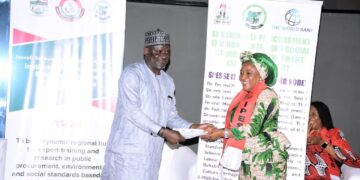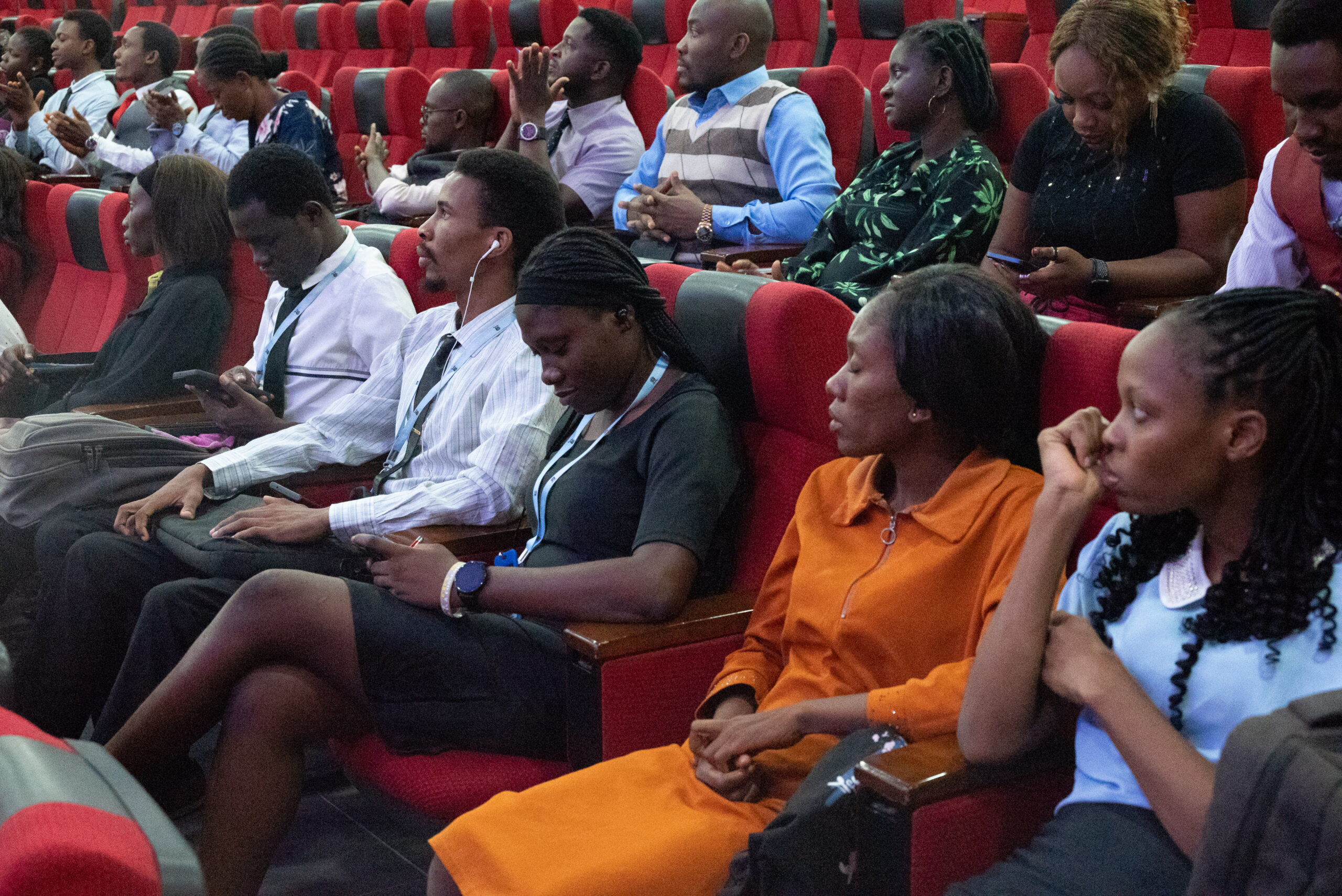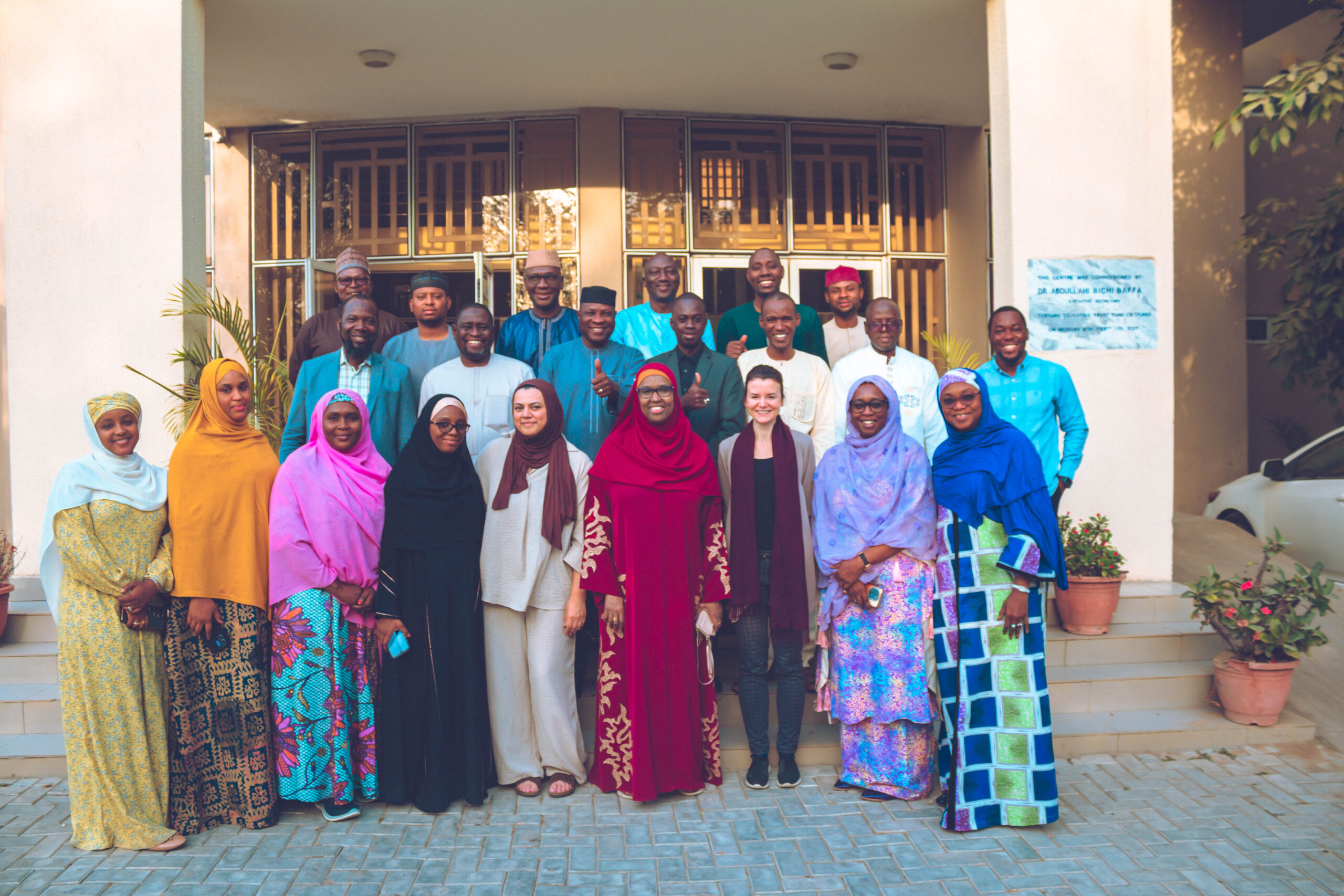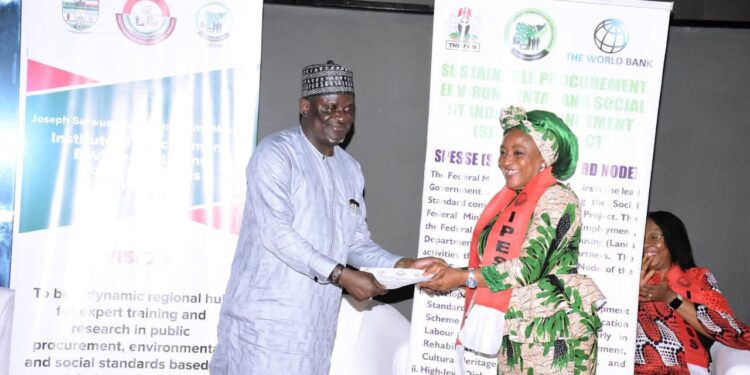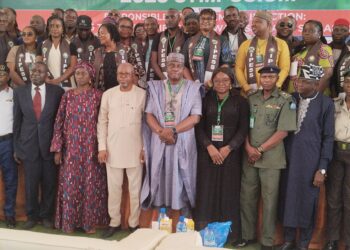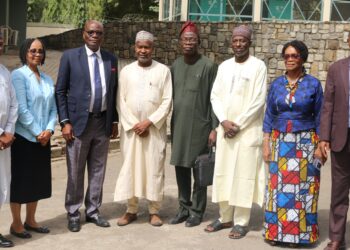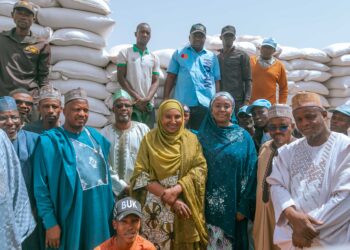By Uche Aondohemba
The impact being created by the Sustainable Procurement, Environmental, and Social Standards Enhancement (SPESSE) project, which is dedicated to building sustainable human capacity development in the areas of procurement, environmental, and social standards, cannot be overstated. It is a remarkable initiative by the Federal Government of Nigeria, the World Bank and the National Universities Commission (NUC) in engineering positive change and growth in various spheres of life.
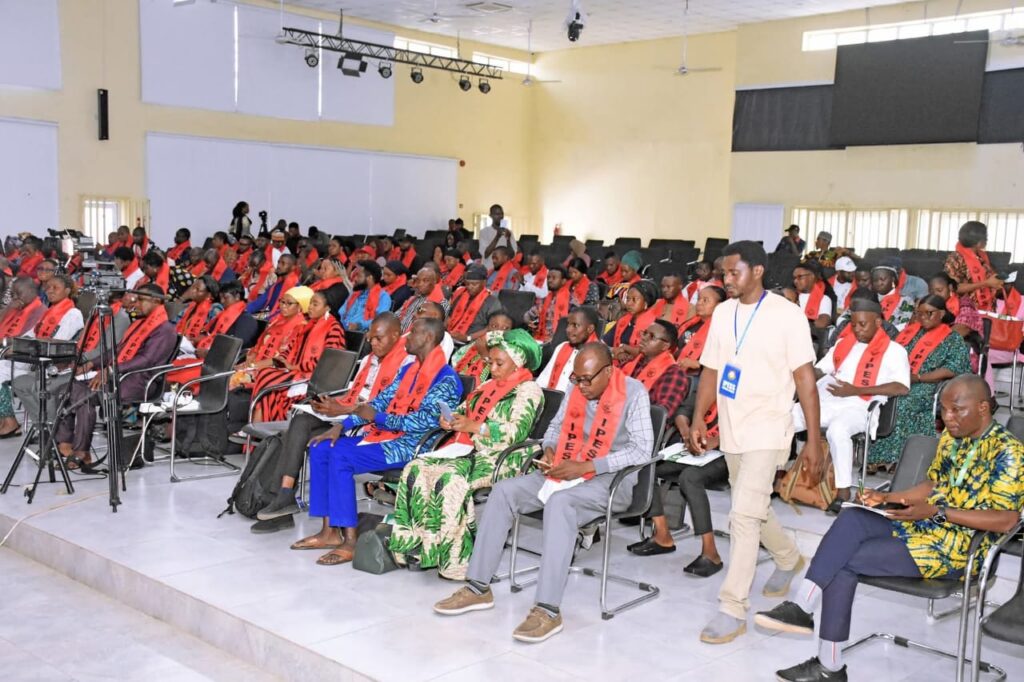
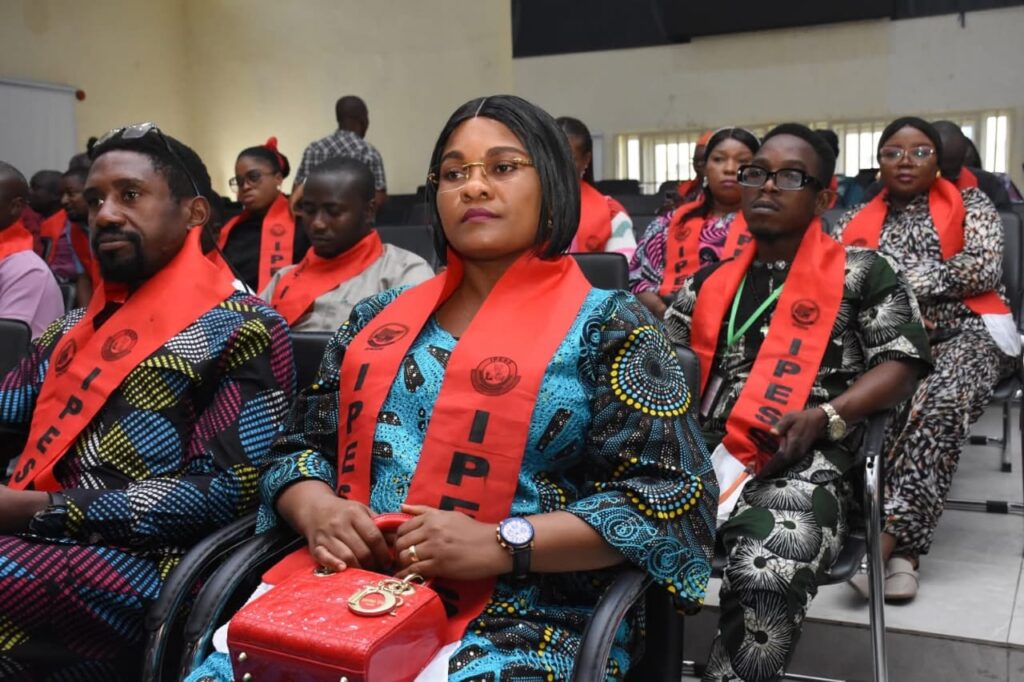
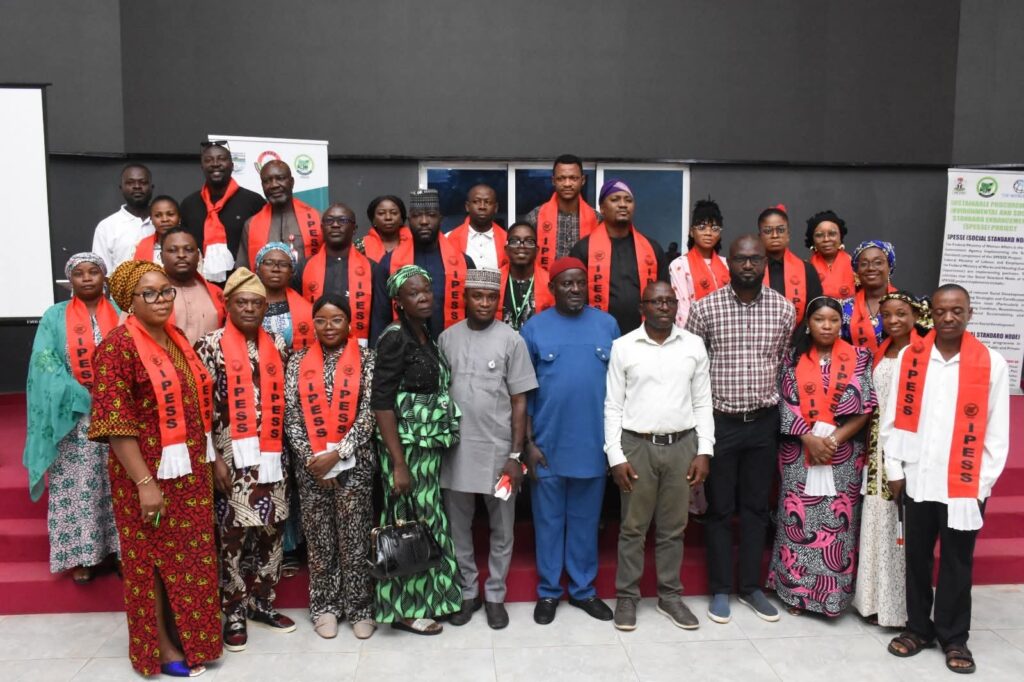
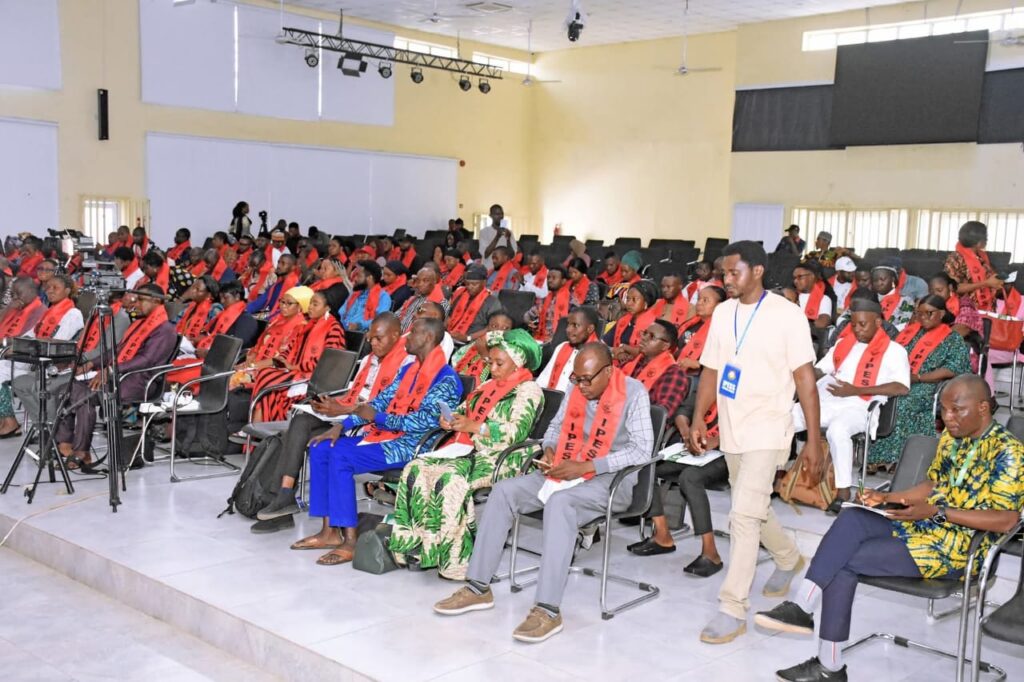
As the hub for sustainable human capacity development in North Central Nigeria, the Institute of Procurement, Environmental and Social Standards (IPESS), Federal University of Agriculture, Makurdi (FUAM), now known as Joseph Sarwuan Tarka University, Makurdi (JOSTUM), has been spearheading initiatives to enhance human capacity development through a variety of programmes. The Institute has empowered individuals with the necessary skills, knowledge, and opportunities by providing access to educational resources, training programmes, mentorship, and professional development opportunities. This initiative aims to nurture a workforce that is not only competent but also adaptable and resilient in the face of an evolving society. As a pillar of excellence in human capacity development, IPESS JOSTUM has achieved remarkable milestones in recent months in tandem with the mission and vision of the entire SPESSE project.
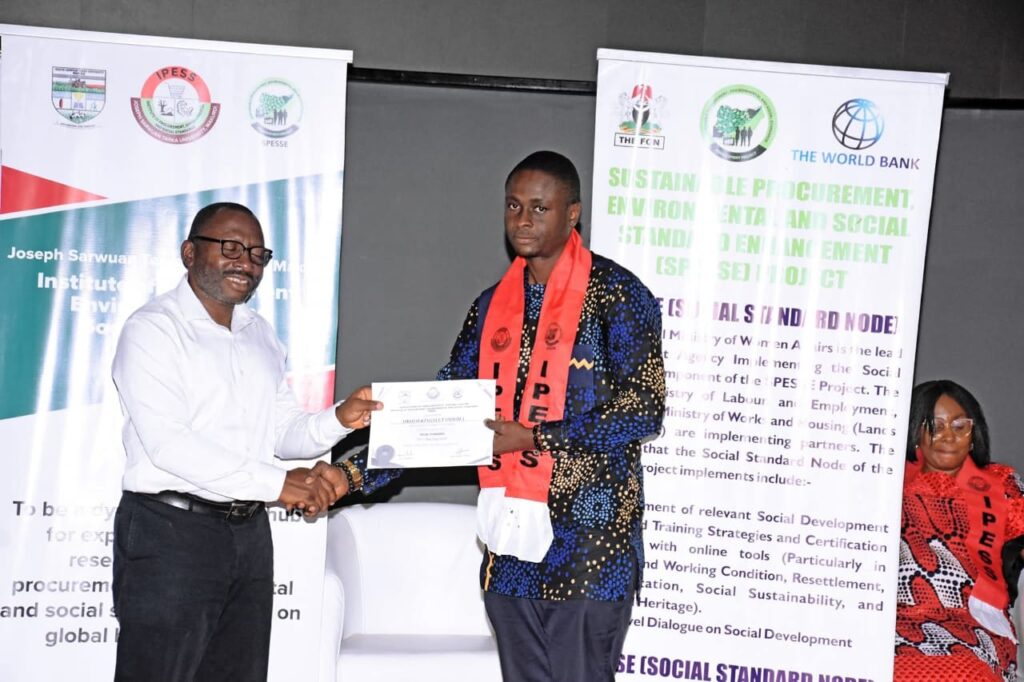
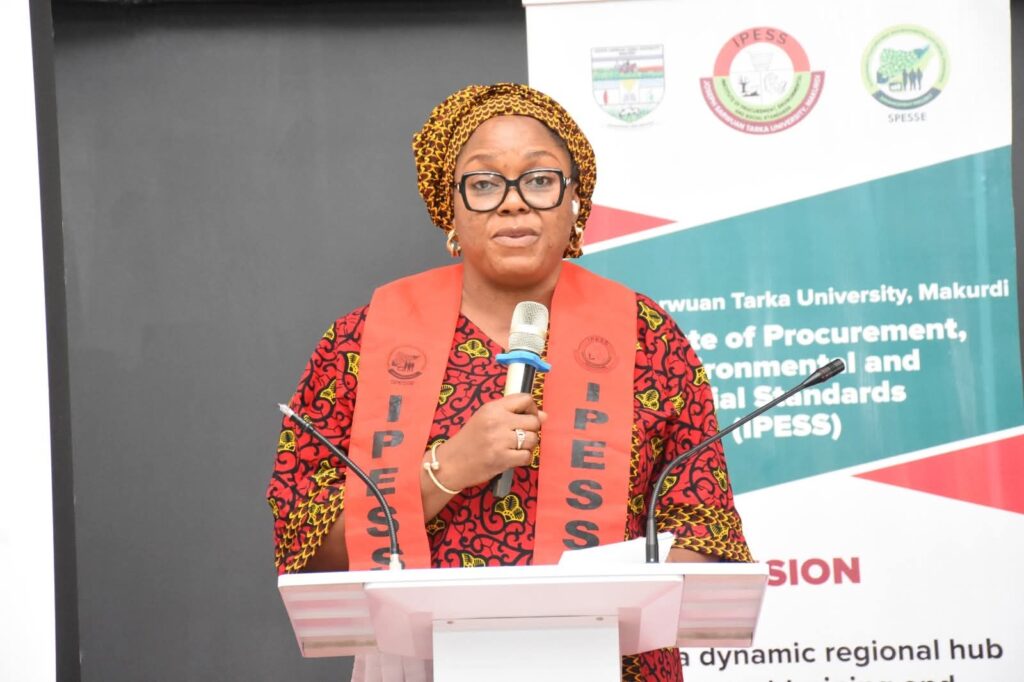
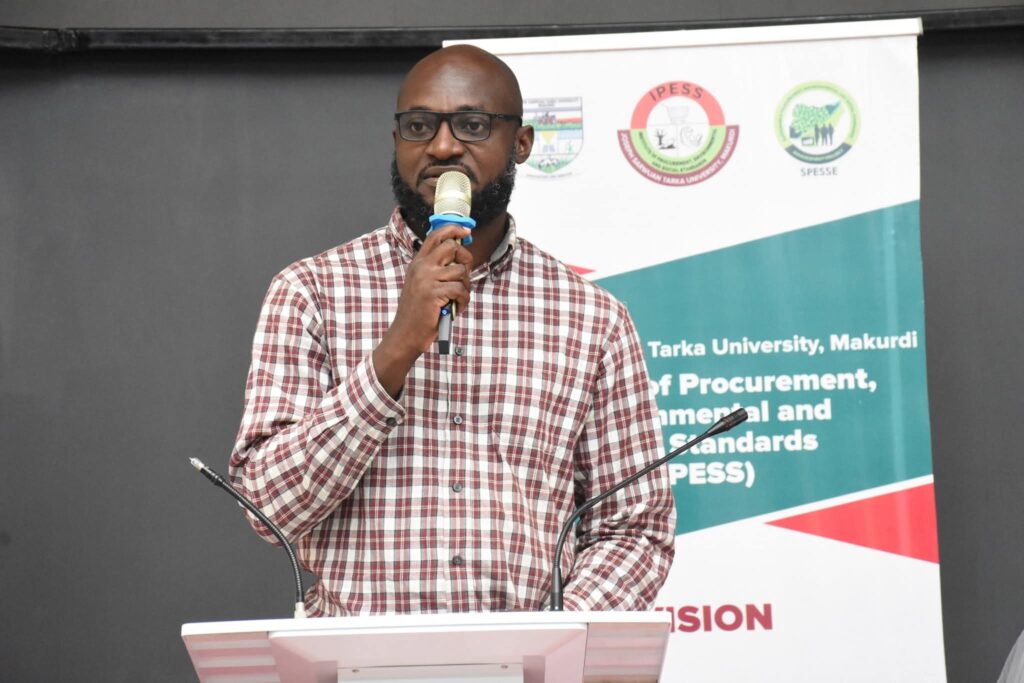
One of the standout achievements of IPESS FUAM in recent months is the successful graduation of over 1000 trainees through customised training programs in Jos, Lafia, Keffi and Abuja. Recognising the importance of continuous learning and skills development, IPESS organised customised short-course training programmes for staff members of various Ministries, Departments and
Agencies (MDAs) of government institutions. These targeted training sessions were meticulously designed to address specific skill gaps, enhance job performance, and instil a culture of innovation and efficiency within the public sector. This is in addition to the over two thousand candidates trained by the Institute through the online delivery mode since the beginning of 2025.
The overwhelming testimonies of participants indicate that, apart from the advancement in moral principles and industry best practices in their workplaces,
IPESS JOSTUM’s programmes have advanced participants’ professional growth and opened doors to new career opportunities.
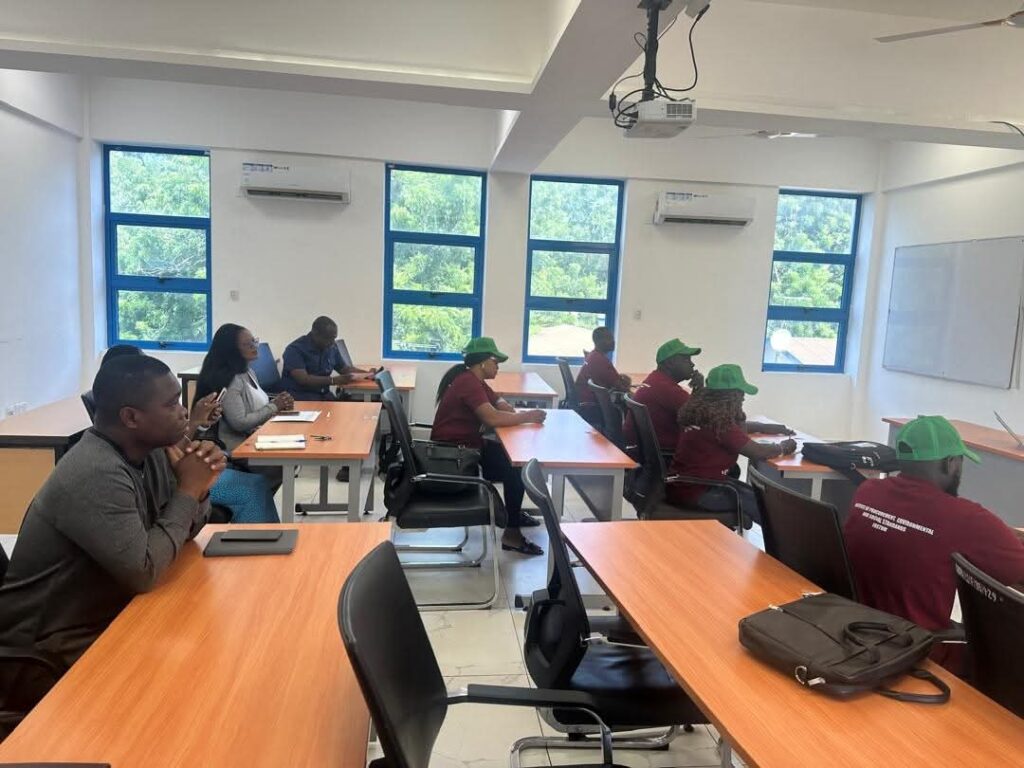
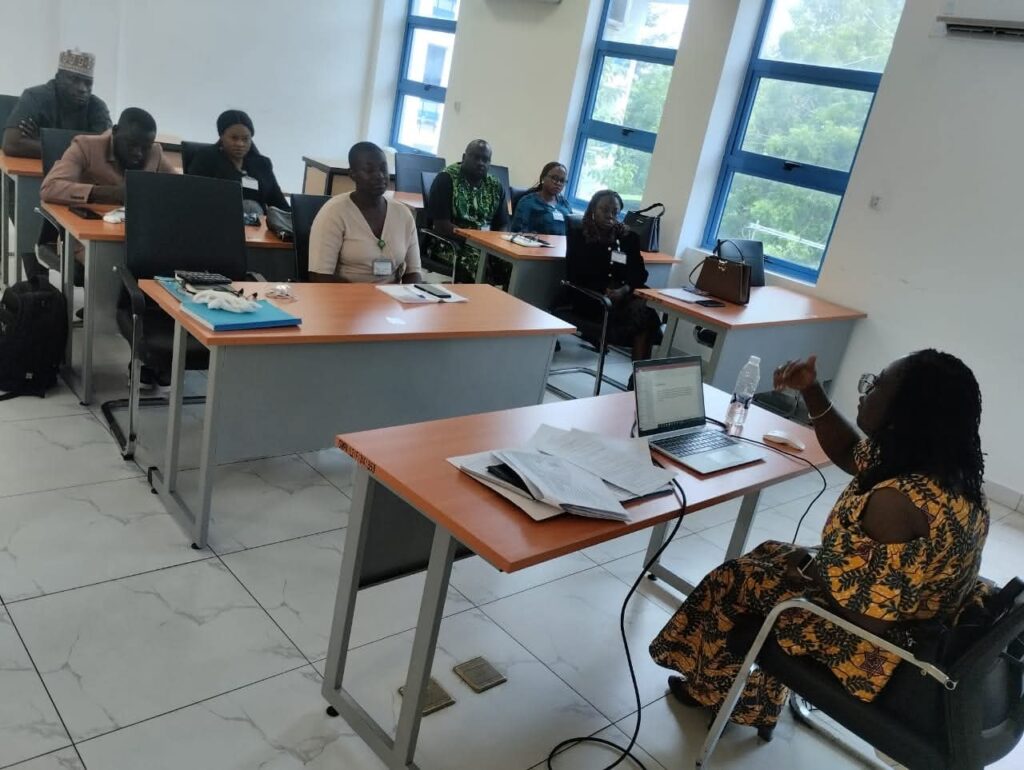
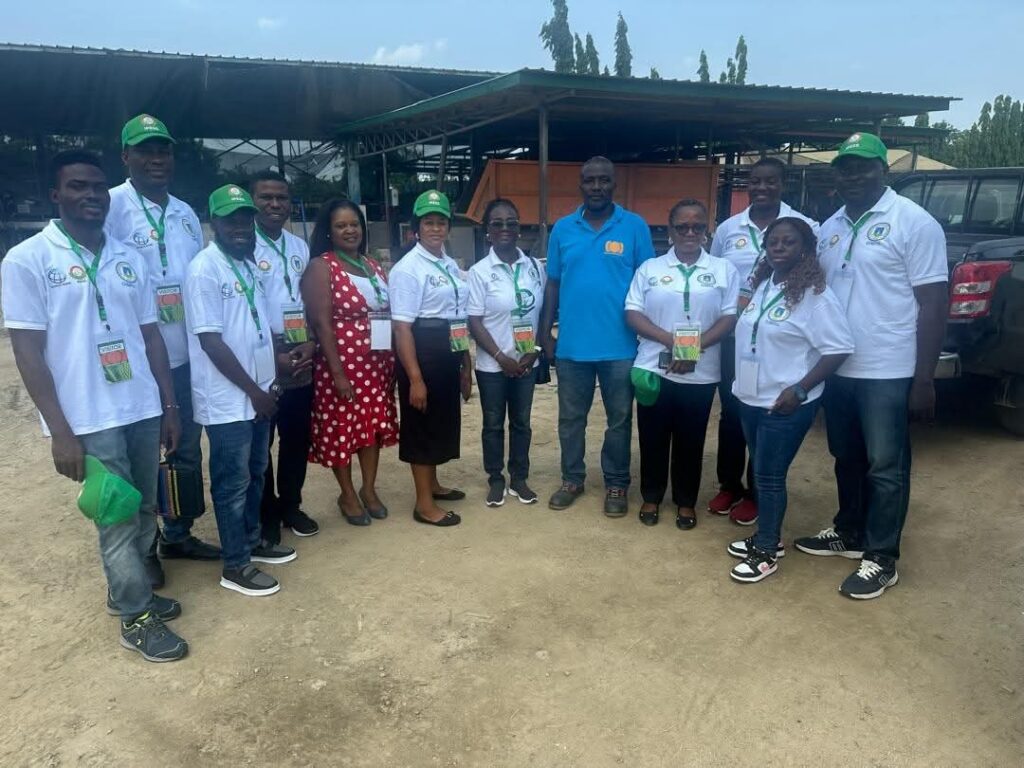
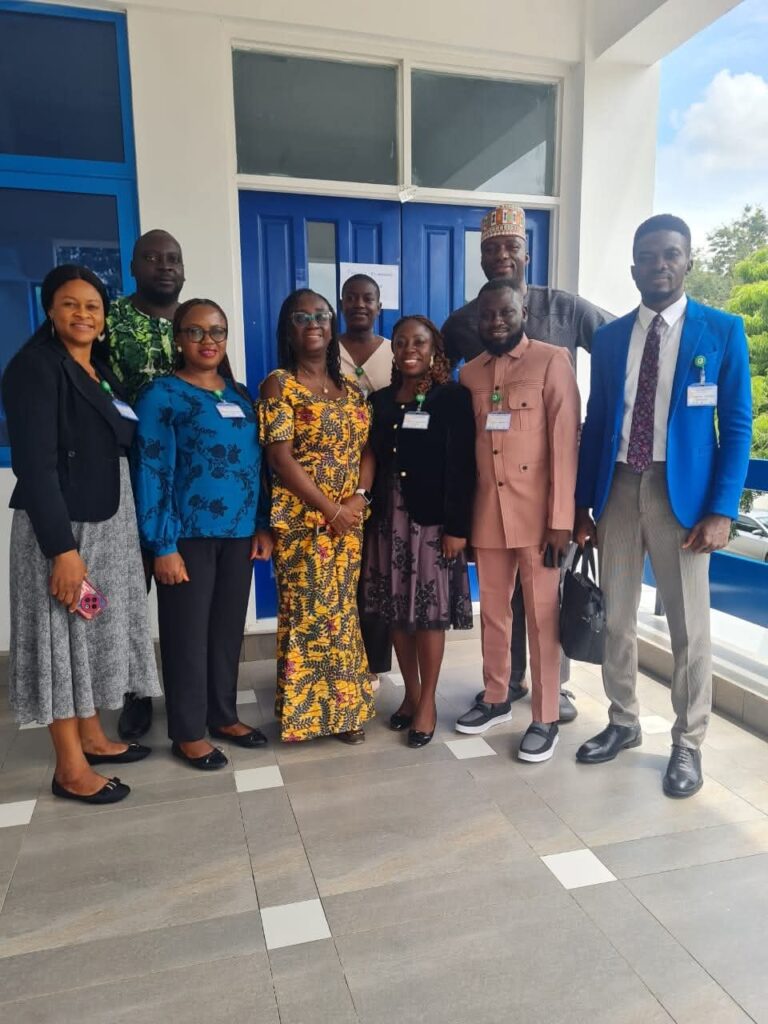
A trainee, Ijeoma Gift Onyinye-Mbamalu, wrote, “Let me say that the trainings offered through IPESS-JOSTUM are more than just courses; they are career-shaping experiences. I encourage more professionals to seize the opportunity, invest in themselves, and join this transformative journey.
For many of us, this experience has opened our eyes to new possibilities, and I trust we’ll meet again in future learning spaces.”
By engaging with employees at different levels of government, the institute demonstrated its dedication to building capacity and driving positive change in governance and public service delivery.
Also, organising a Leadership Bootcamp and Information Disclosure Retreat for Principal Officers, Deans, and Directors of FUAM was a conscious step to keep the University community up to speed with the progress made at the Institute. In an increasingly interconnected world, information has become one of the most valuable assets for individuals, businesses, and
governments. To empower key stakeholders, IPESS FUAM orchestrated the bootcamp and retreat, which were tailored specifically for the Principal Officers, Deans and Directors in the University to sharpen leadership skills, promote effective decision-making, enhance strategic planning abilities and update them on the progress made by the Institute. The initiative equipped the participants with the necessary tools to lead with confidence and a clear vision. It also played a crucial role in establishing a culture of transparency and strategic foresight within FUAM, ensuring sustainable growth and effective leadership practices.
Again, in a move towards fostering international
collaboration and cultural exchange, IPESS FUAM, in two batches of six and eight, facilitated an exchange training programme for fourteen postgraduate students held at the Ghana Institute of Management and Public Administration (GIMPA) in Accra, Ghana. The exchange programme offered a unique opportunity to engage in a global dialogue, which positively impacted the students’ academic and cultural awareness, thereby enhancing their overall educational experience.
One of the participants, Dr Omale Paul Abuh of Procurement Standards, stated that the training was an enriching experience that enhanced his overall capacity in the procurement sphere. According to him, “the training, organised by the World Bank in collaboration with GIMPA, was indeed an eye-opener and immensely impactful. It allowed me to gain invaluable knowledge and insight into sustainable procurement practices, especially in public procurement. This will enhance my professional capacity and contribution to procurement reforms and sustainable development goals. Beyond the academic
and technical learning, the programme also provided a platform to build lifetime professional networks and foster collaboration with colleagues from across African countries that were in attendance.” Dr Omale wrote.
Another participant, Grateful Oyahre Itodo, wrote: “The Students Exchange programme was an enriching opportunity that exposed me to diverse perspectives in governance, policy analysis, and public sector management. I particularly appreciated the engaging lectures on procurement management, social development, and environmental sustainability, which broadened my understanding of development practices across Africa, especially sustainable practices in Ghana.”
In another development, IPESS FUAM underwent the SPESSE 6th round verification exercise conducted by an Independent Third-Party Verification Agency from the World Bank to assess the Institute’s compliance with guidelines under the SPESSE project. This exercise evaluated the performance and milestones of IPESS FUAM to elicit feedback and identify areas for improvement. The seamlessness of the SPESSE 6th round verification exercise at IPESS FUAM evoked commendation from the team leader of the verification agency, who praised the institute’s commitment and resilience towards the actualisation of the project’s set goals. This further demonstrates the IPESS FUAM’s resolve to stay ahead of the curve and continue to deliver top-notch training to its clients.
Moreso, the strategic launch of the SPESSE course programmes (Tracks A to E) by IPESS FUAM has resulted in the training and issuing of certificates to thousands of participants. Latest statistics reveal that the total number of short-course (Track A) trainees in procurement, environmental and social Standards stood at 6,976, 4,862 and 4,538, respectively. For the Advanced Certificate course, 653, 459 and 464 are the numbers of trainees in Procurement, Environmental and Social Standards in the same manner. While postgraduate programmes (Tracks C & D) had 45, 21, and 38 fully graduated students in Procurement, Environmental and Social Standards, respectively.
Ultimately, IPESS FUAM has made remarkable strides in sustainable human capacity development through its strategic initiatives aimed at nurturing talent, fostering collaboration, and driving positive change. By organising leadership bootcamps, facilitating international exchanges, graduating skilled professionals, and providing tailored training programs, the institute has demonstrated a commitment to empowering individuals and institutions. As IPESS FUAM continues its path of growth and development, its unwavering dedication to sustainable human capacity development serves as a beacon of inspiration for all stakeholders who are committed to advancing human potential and excellence.
